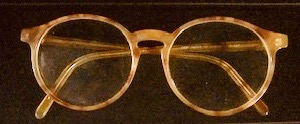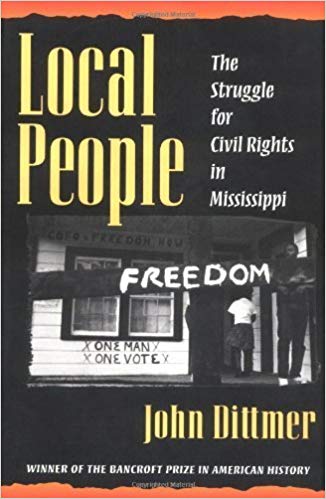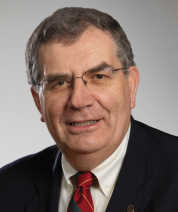Resources by Charlie Wingard
One sure way to cripple your ministry is to speak to your congregation harshly, either in or out of the pulpit. Don’t confuse harshness with boldness. One can speak softly and gently and still be bold. To be bold, according to Merriam-Webster, is to be “fearless before danger” – a virtue when communicating biblical truth. But the voice of the bold may be calm, the words measured, and the tone devoid of the harshness that pushes people away. William Plumer reminds us that Harshness is not fidelity. There are hardly any maxims more false or mischievous than these: “There is no good done unless opposition is aroused,” [or] ’”One’s fidelity may be tested by the enmity he awakens against himself…
Read MoreMy day begins with putting on my eyeglasses; it’s the very first thing I do. Most of the time, I do it without thinking. But occasionally, when I pick up my eyeglasses, I remember that I am holding one of God’s most precious gifts to me. Eyeglasses are a relatively recent development of the human story. David Landes writes that the invention of spectacles more than doubled the working life of skilled craftsmen, especially those who did fine jobs: scribes (crucial before the invention of printing) and readers, instrument and toolmakers, close weavers, metalworkers. The problem is biological: because the crystalline lens of the human eye hardens around the age of forty, it produces a condition similar to farsightedness (actually…
Read MoreStudents ask, “How much time do you spend preparing your sermons?” My answer, “As little as possible.” By that I mean, as little time as possible to prepare a sermon faithful to the text and structured for the edification of the hearers. I love preparing sermons. Commentaries, lexicons, Bible dictionaries and encyclopedias, and atlases are close companions throughout the week. Preparing well means praying for understanding of the text and my conformity to its teaching, and for the Lord to prepare the congregation to receive the word preached. Were time limitless, I would exhaustively research every point that fascinates me as I study the text. But time is not limitless. Although preaching is my principal duty, it is not my…
Read MoreNames like Bob Moses, Fannie Lou Hamer, and Vernon Dahmer should be as familiar to Mississippians as those of Washington, Lee, and Grant, and Mississippi school children should be as a acquainted with the events surrounding the assassination of Medgar Evers as those of Abraham Lincoln. History buffs should possess the knowledge to trace the strategic battles for civil rights in Mississippi with as much attention to detail as they give to the battles of the Civil War. John Dittmer recounts that conflict well in Local People: The Struggle for Civil Rights in Mississippi. Covering the pivotal years of 1946-1966, the author tells the story of the heroic efforts to end Jim Crow segregation and secure voting rights for African American citizens.…
Read MoreDr. Sinclair Ferguson will deliver the 2018 John Reed Miller Lectures at Reformed Theological Seminary – Jackson, October 30-November 1. PREACHERS – LIKE PAUL? Tuesday, Oct 30 Lecture 1: “How it all came about…” 3:00-4:30 pm Chapel Wednesday, Oct 31 Lecture 2: “Him we Proclaim” 11:00 am-noon Chapel Q&A noon-1:00 pm …
Read MoreBurnout cripples ministers and their work. I hope the advice that follows will help you avoid it. Or, if you believe you’re burned out now, I want to offer you a path forward. Let’s begin with a definition. My definition of burnout is “physical or mental breakdown caused by overwork.” Some of us routinely overwork to the point that our physical and mental health are jeopardized. Overwork takes a frightening toll, but the way to meet the problem is rather simple: See a doctor. Work-induced exhaustion is a medical issue. The symptoms need to be treated and a medical cause (for example, sleep apnea) may be a contributing factor. Seek mature counsel and accountability. Identify someone who can help you establish and maintain…
Read More

